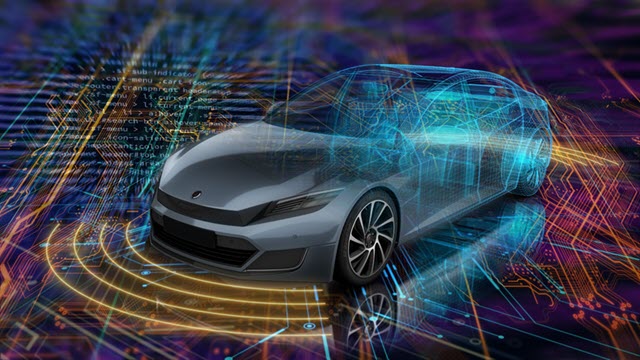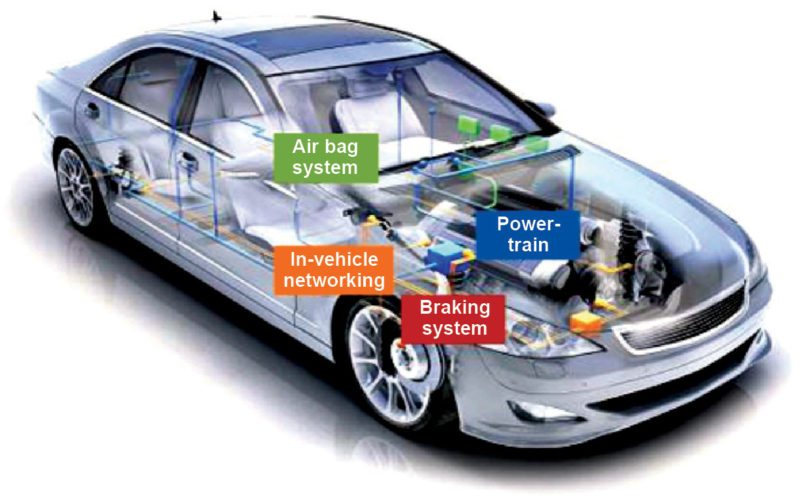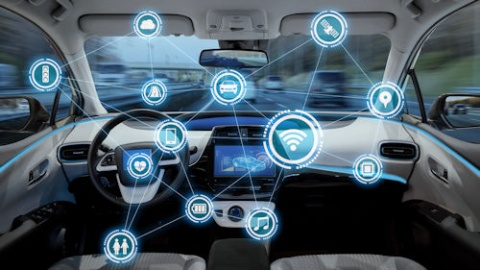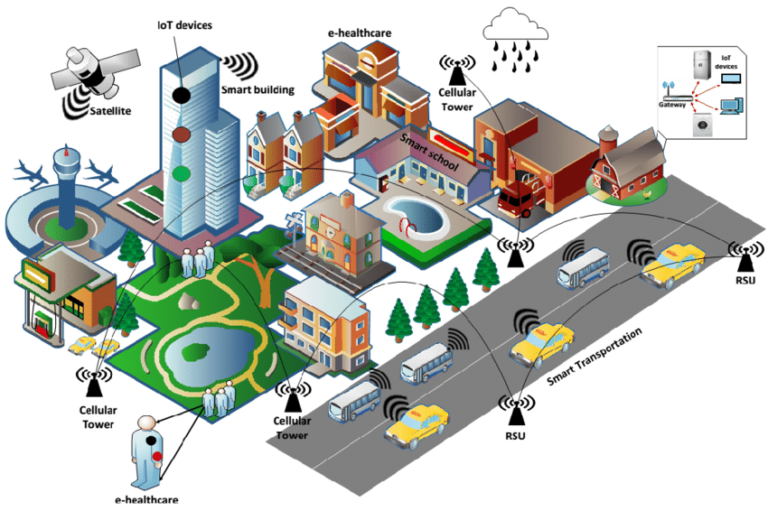Embedded Systems in Automotive: Powering the Future of Smart Vehicles

Embedded systems play a crucial role in shaping the future of automotive technology, ushering in an era of smart vehicles that are safer, more efficient, and connected. These systems integrate hardware and software to control various aspects of a vehicle’s functionality, from engine control to entertainment systems. As the automotive industry evolves, embedded systems are at the forefront of innovation, transforming traditional cars into sophisticated, intelligent machines.
One of the key areas where embedded systems have made a significant impact is in safety features. Advanced Driver Assistance Systems (ADAS) rely heavily on embedded technologies to enhance vehicle safety. These systems include features such as collision avoidance, lane departure warnings, adaptive cruise control, and automated parking. Embedded sensors, processors, and actuators work in tandem to monitor the vehicle’s surroundings and react in real-time to potential hazards, significantly reducing the risk of accidents.
Moreover, the integration of embedded systems has led to the development of autonomous vehicles. These vehicles leverage a complex network of sensors, cameras, radar, and lidar, all managed by embedded processors capable of processing vast amounts of data in real-time. The ability of embedded systems to interpret and respond to dynamic environments is a critical factor in achieving the dream of fully autonomous driving.
In addition to safety and autonomy, embedded systems contribute to the overall efficiency and performance of modern vehicles. Engine control units (ECUs) employ embedded processors to optimize fuel injection, ignition timing, and other parameters, resulting in improved fuel efficiency and reduced emissions. Infotainment systems, GPS navigation, and connectivity features also rely on embedded technologies, enhancing the overall driving experience.
As electric and hybrid vehicles become more prevalent, embedded systems play a pivotal role in managing and optimizing the complex interactions between batteries, motors, and charging systems. The efficiency of energy storage and distribution in these vehicles is heavily dependent on the capabilities of embedded control units.
Looking forward, the future of embedded systems in automotive technology is exciting. The development of Vehicle-to-Everything (V2X) communication, where vehicles can communicate with each other and with smart infrastructure, holds immense potential for improving traffic flow, reducing congestion, and enhancing overall transportation efficiency. Embedded systems will be at the core of this interconnected automotive ecosystem, ensuring seamless communication and coordination between vehicles and their surroundings.
In conclusion, embedded systems are the driving force behind the transformation of traditional vehicles into smart, connected, and efficient modes of transportation. As technology continues to advance, we can expect embedded systems to play an increasingly vital role in shaping the future of the automotive industry, making our roads safer and our vehicles smarter.





+ There are no comments
Add yours